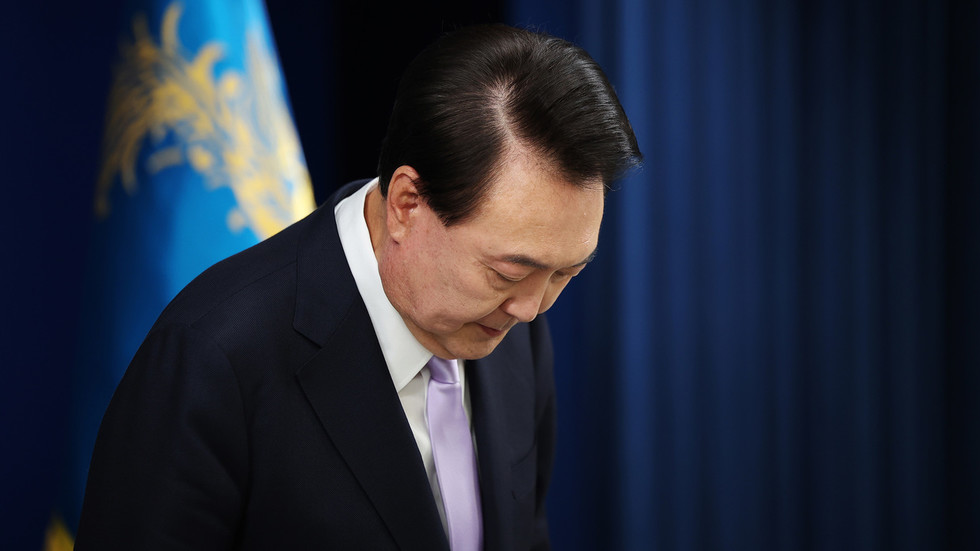On Saturday, the South Korean parliament made a significant political decision by voting to impeach President Yoon Suk Yeol, following his controversial imposition of martial law the previous week. The National Assembly’s vote resulted in 204 in favor and 85 against, significantly surpassing the necessary threshold of 200 votes. While all 300 members of the legislature participated in the secret ballot, three members abstained and eight ballots were rendered invalid. The impeachment effectively suspends Yoon from office, and the Constitutional Court of South Korea now has 180 days to make a final ruling regarding his potential removal. During this interim period, Prime Minister Han Duck-soo will assume the role of acting president. This decision has been hailed as a victory for South Korean democracy by Park Chan-dae, the floor leader of the opposition Democratic Party.
The impeachment came on the heels of a previous attempt to unseat Yoon, which had failed due to a boycott from his People Power Party (PPP). However, following the unsuccessful attempts to persuade Yoon to resign voluntarily, the party shifted its position, recognizing that impeachment was the only viable option to uphold democracy. Han Dong-hoon, the party leader, stressed the need for this decisive action, stating that their earlier attempts had proven ineffective. The political turmoil in South Korea escalated dramatically on December 3, when Yoon issued a startling declaration of emergency martial law. He claimed that the opposition was harboring intentions of rebellion, allegedly influenced by their sympathies towards North Korea.
The swift backlash against Yoon’s martial law declaration was palpable; 190 lawmakers, undeterred by military barriers, gathered to unanimously rescind the decree within hours. Public sentiment mirrored that of the National Assembly, as thousands took to streets nationwide to denounce the president’s actions. Remarkably, less than six hours after implementing martial law, Yoon announced his decision to retract it. In a subsequent address, Yoon defended his actions as a necessary measure, characterizing the martial law declaration as a “highly calibrated political judgment” intended to safeguard the nation from the opposition’s efforts to obstruct government operations.
In a climate charged with uncertainty and conflict, President Yoon has publicly committed to fighting against both impeachment and ongoing investigations into his actions, asserting his determination to defend his presidency. “I will stand firm whether I am impeached or investigated. I will fight to the end,” he declared, expressing resolve amidst the political storm surrounding his administration. This statement reflects his insistence on his legitimacy as president despite overwhelming opposition from both the National Assembly and the public.
The political crisis surrounding Yoon’s presidency underscores deeper divisions within South Korean society, with several citizens having recently expressed their frustrations regarding his governance. Following the announcement of martial law, there was a palpable sense of fear and anger throughout the nation, particularly amongst those who perceived the president’s actions as authoritarian. The dramatic developments following Yoon’s declaration reflect ongoing tensions within South Korean politics, especially given the historical context of military influence in governance and public life.
As the Constitutional Court prepares to deliberate on this monumental case, the coming months will be critical not only for Yoon’s presidency but also for the future of democracy in South Korea. The outcome of the court’s decision will likely set a precedent for how similar crises are handled in the future, potentially reshaping the political landscape in South Korea. The balance of power between the legislative and executive branches of government, along with the implications for civil liberties, will be under scrutiny as citizens and lawmakers alike confront the unfolding consequences of this impeachment.

